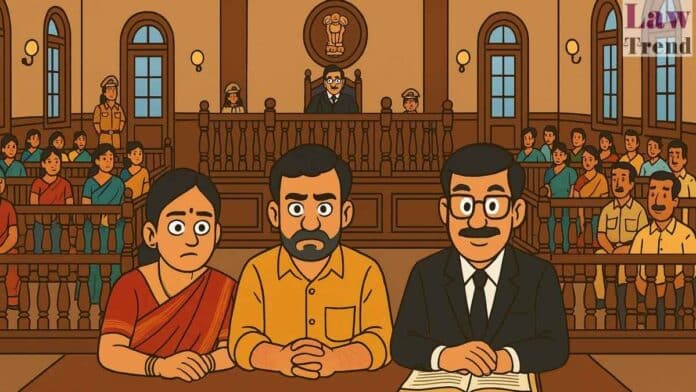The Jharkhand High Court, in a significant judgment on October 14, 2025, granted a decree of divorce to a State Bank of India manager, overturning a Family Court order that had dismissed his plea. A division bench comprising Justice Sujit Narayan Prasad and Justice Rajesh Kumar directed the husband, who had married another woman during
To Read More Please Subscribe to VIP Membership for Unlimited Access to All the Articles, Download Available Copies of Judgments/Order, Acess to Central/State Bare Acts, Advertisement Free Content, Access to More than 4000 Legal Drafts( Readymade Editable Formats of Suits, Petitions, Writs, Legal Notices, Divorce Petitions, 138 Notices, Bail Applications etc.) in Hindi and English.




